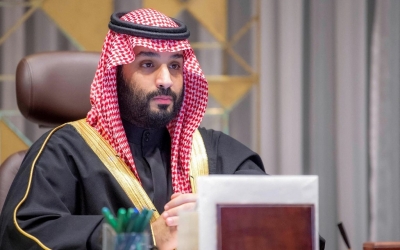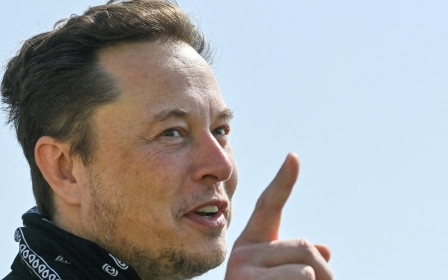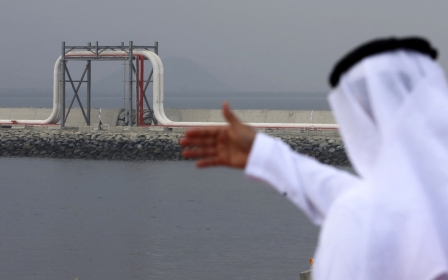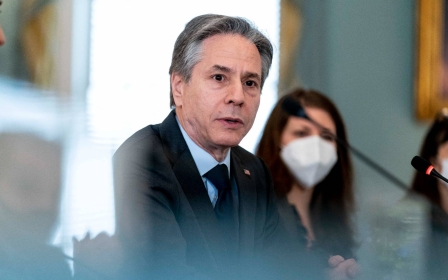Israel hopes US will mend ties with Saudi Arabia, says ambassador
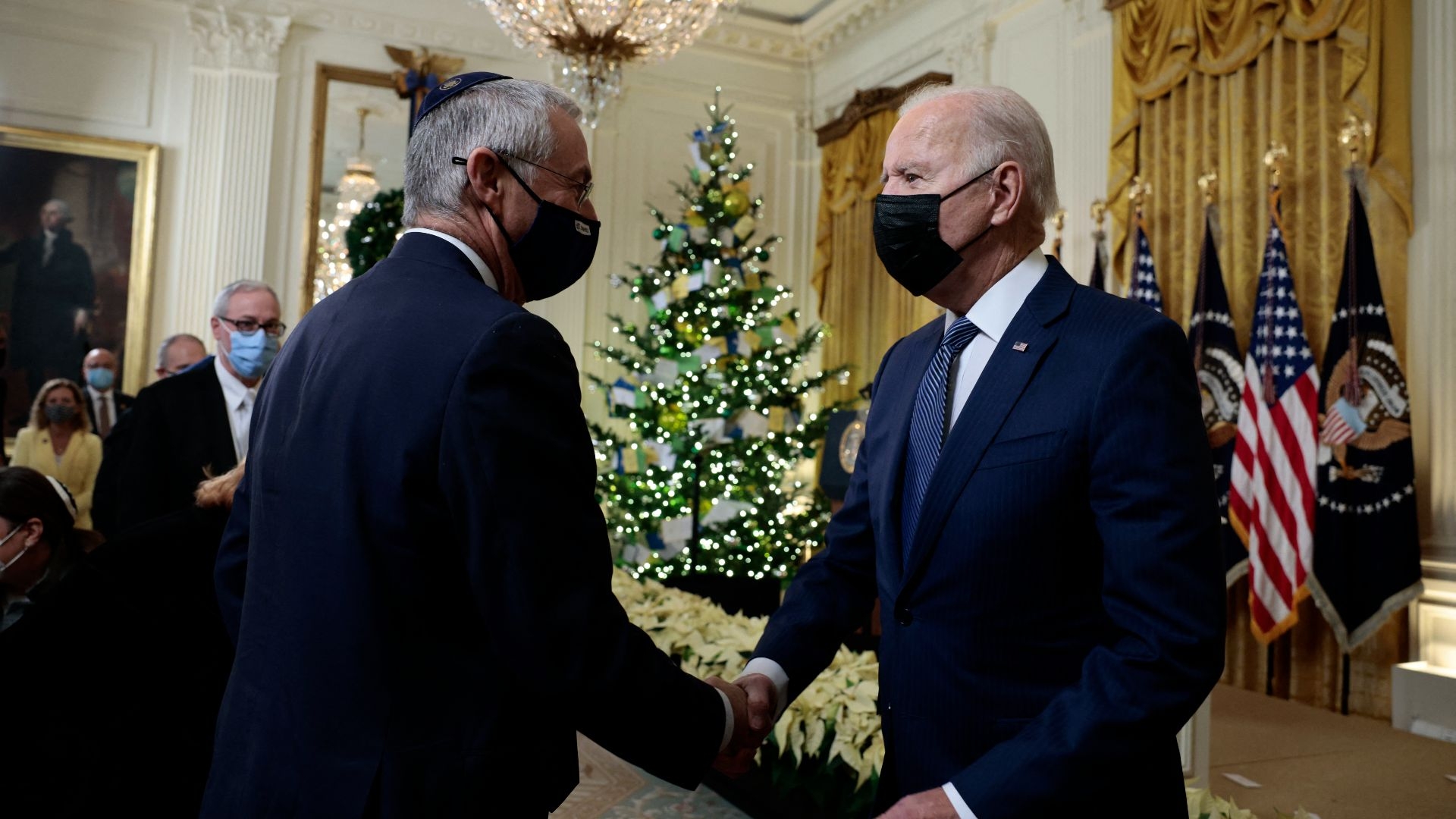
Israel's ambassador to the US has said it would be "very important for our region" if the US and Saudi Arabia were to "fix" their relationship, which has appeared to have worsened as a result of Russia's invasion of Ukraine.
Speaking at an event on Thursday, Michael Herzog said it was necessary for the two countries to come together and mend ties if Washington plans to return to the Iran nuclear deal.
Gulf Arab governments and Israel staunchly opposed the 2015 deal known as the Joint Comprehensive Plan of Action (JCPOA), which curbed Iran's nuclear programme in return for sanctions relief.
"It is important in my view to fix relations between the US and Saudi Arabia," Herzog said. "Saudi Arabia is a hugely important actor in our part of the world and in the Islamic world as a whole."
He added that "strategically speaking, and I'm not ignoring all the difficulties, I think that is very important for our region" that relations improve.
Saudi-US relations have faced several challenges since Biden assumed office last year, with the White House halting the sale of offensive weapons to Riyadh and criticising the war effort in Yemen.
The Biden administration also signed off on the release of a CIA document that blamed Crown Prince Mohammed Bin Salman (MBS) for the murder of Middle East Eye columnist Jamal Khashoggi.
Biden has not met with bin Salman and has repeatedly criticised the heir apparent.
Riyadh has recently rejected US calls to increase their oil output outside of a previously arranged agreement with Opec+, which includes Russia. The kingdom has also largely refrained from joining western countries in isolating Moscow over its invasion of Ukraine.
Earlier this week, a group of 30 House Democrats called on Secretary of State Antony Blinken to "recalibrate" the relationship with Riyadh, saying that the current support for the kingdom does not match US interests or values.
"Our continued unqualified support for the Saudi monarchy, which systematically, ruthlessly represses its own citizens, targets critics all over the world, carries out a brutal war in Yemen, and bolsters authoritarian regimes throughout the Middle East and North Africa, runs counter to US national interests and damages the credibility of the United States to uphold our values," they wrote.
Normalising ties with Israel
Israel views Saudi Arabia as part of a moderate axis of Arab countries with which it seeks cooperation against Iran, and has been reported in the past to have lobbied the US in support of economic aid for the country.
The Israeli ambassador said on Thursday that he hoped Riyadh would join a number of other Gulf countries in normalising relations with Israel.
"We would like to see Saudi Arabia join others in normalising relations with Israel," he said. "We understand that this is a complex issue in terms of the Saudi traditionalist views of how to go about Israeli-Arab peace."
Last month, MBS said that he sees Israel as a "potential ally" with shared interests, not an enemy, marking a subtle shift in the official stance on relations with Israel.
The official Saudi line has long held that Israel and the kingdom could establish relations once it resolves its conflict with the Palestinians, but perhaps not a friendship.
Despite the absence of official ties, Saudi Arabia agreed in 2020 to allow Israel-UAE flights to cross its territory. Israeli Prime Minister Naftali Bennett's El Al Israel Airlines plane flew through Saudi airspace when he visited Abu Dhabi in December.
Middle East Eye propose une couverture et une analyse indépendantes et incomparables du Moyen-Orient, de l’Afrique du Nord et d’autres régions du monde. Pour en savoir plus sur la reprise de ce contenu et les frais qui s’appliquent, veuillez remplir ce formulaire [en anglais]. Pour en savoir plus sur MEE, cliquez ici [en anglais].


